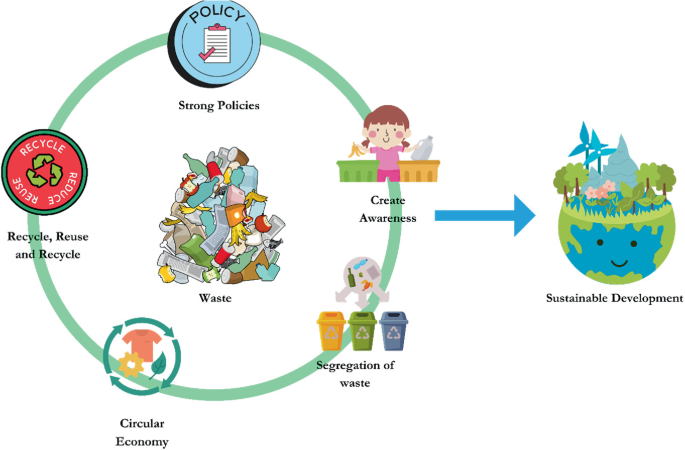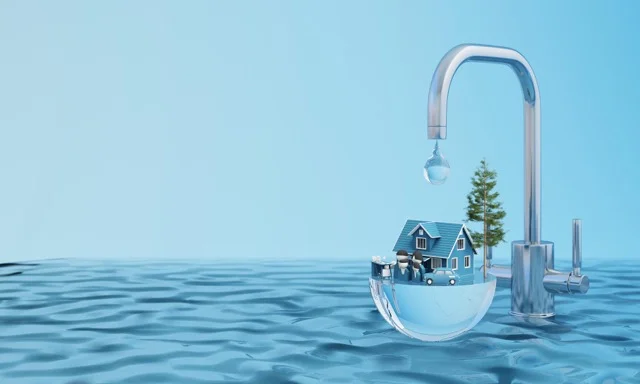Reclaim Waste for Beginners
Reclaim Waste for Beginners
Blog Article
Rumored Buzz on Reclaim Waste
Table of ContentsMore About Reclaim WasteThe 8-Minute Rule for Reclaim WasteReclaim Waste Things To Know Before You Get ThisReclaim Waste for DummiesRumored Buzz on Reclaim Waste
Discover the types, occurrences, and kinds of liquid waste. Residential sewage waste describes the waste and items from a domestic septic system. This type of waste is produced by humans in houses, institutions, and various other buildings. This only includes sewage-disposal tanks that have a drain area. The proper monitoring and disposal of domestic sewage waste call for liquid waste to be transferred to a sewer treatment plant where the appropriate methods and devices are related to cleanse and dispose of waste.
Commercial waste typically consists of potential risks, such as combustible products or a mixture of liquid and solid waste products, and needs an extra advanced and thorough disposal procedure. The disposal of business waste generally includes the filtration of waste before transport to make certain secure and proper disposal. Industrial waste is produced from by-products and overflow of industrial processes and manufacturing.
This type of waste can not use the very same sewage administration transportation or procedures as septic or industrial fluids. The hazardous waste management process calls for the inspection and screening of fluid waste before it goes through the disposal procedure (industrial wastewater treatment). Runoff waste is the liquid waste that comes from overflow and excess stormwater in very inhabited locations or cities
Runoff waste can create contamination and flooding otherwise managed effectively. Find out more regarding drain cleaning and waste management. Ensuring correct waste monitoring can stop catastrophes and decrease environmental injury. Both people in domestic settings and specialists in business or production sectors can gain from comprehending the processes and laws of fluid waste management.
Get This Report about Reclaim Waste
Get in touch with PROS Providers today to find out about our waste management and disposal services and the correct ways to take care of the fluid waste you produce.
(https://yoomark.com/content/httpsreclaimwastecomauservices)This supposed 'wastewater' is not just an important source however, after therapy, will be released to our land, rivers or the ocean. Utilized water from commodes, showers, baths, cooking area sinks, laundries and industrial procedures is known as wastewater.

water used to cool down equipment or clean plant and devices). Stormwater, a kind of wastewater, is basics overflow that moves from farming and urban locations such as roofs, parks, gardens, roadways, courses and seamless gutters right into stormwater drains, after rain. Stormwater streams neglected straight to regional creeks or rivers, at some point getting to the ocean.
The 25-Second Trick For Reclaim Waste
In Queensland, many wastewater is treated at sewage treatment plants. Wastewater is delivered from residential or commercial websites via a system of sewage systems and pump terminals, called sewage reticulation, to a sewer treatment plant. Regional federal governments construct, keep and run most sewer treatment plants. Operators are accredited under the Environmental Management Act 1994 to discharge cured wastewater at an acceptable environmental standard into rivers.
The Division of Natural Resources suggests city governments regarding managing, operating and keeping sewage systems and treatment plants. In unsewered areas, neighborhood federal governments may require owners to mount private or family sewage treatment systems to deal with domestic wastewater from toilets, kitchens, restrooms and laundries. The Division of Natural Resources authorises making use of family systems when they are proven to be reliable.
In some brand-new subdivisions, therapy of some stormwater to remove clutter, sand and gravel has started using gross toxin traps. Wastewater treatment takes place in four phases: Removes solid issue.
Utilizes little living microorganisms knows as micro-organisms to break down and eliminate continuing to be liquified wastes and fine particles. Micro-organisms and wastes are integrated in the sludge.
The Best Guide To Reclaim Waste
Nutrient elimination is not readily available at all sewer therapy plants due to the fact that it calls for pricey specialist devices. It is ending up being a lot more typical in Queensland. Clear liquid effluent produced after therapy might still consist of disease-causing micro-organisms. If this effluent is launched into waterways such as rivers or the sea, the micro-organisms will at some point pass away out.

This normally implies wastewater has to be dealt with or pollutants removed prior to it can be discharged to rivers. The majority of wastewater streams into the sewage system. Under the Act, regional federal governments provide approvals and permits for ecologically relevant tasks (ERAs) entailing wastewater releases that could have a regional impact. The division administers authorizations and licences to Ages entailing wastewater releases that could have a local or statewide impact.
Some Of Reclaim Waste
Otherwise, examples are considered research laboratory analysis. Usually many tests are required to establish the degrees of each of the various pollutants such as oils, heavy metals and pesticides in water. Tracking gives factual information about water high quality and can verify that permit problems are being met. The info obtained via surveillance gives the basis for making water quality choices.
Report this page